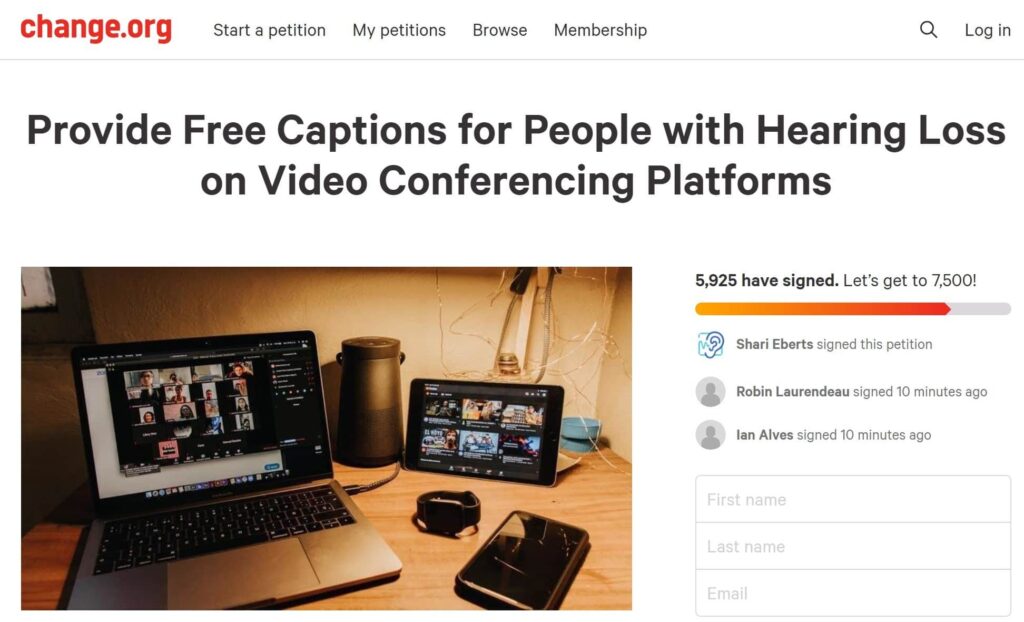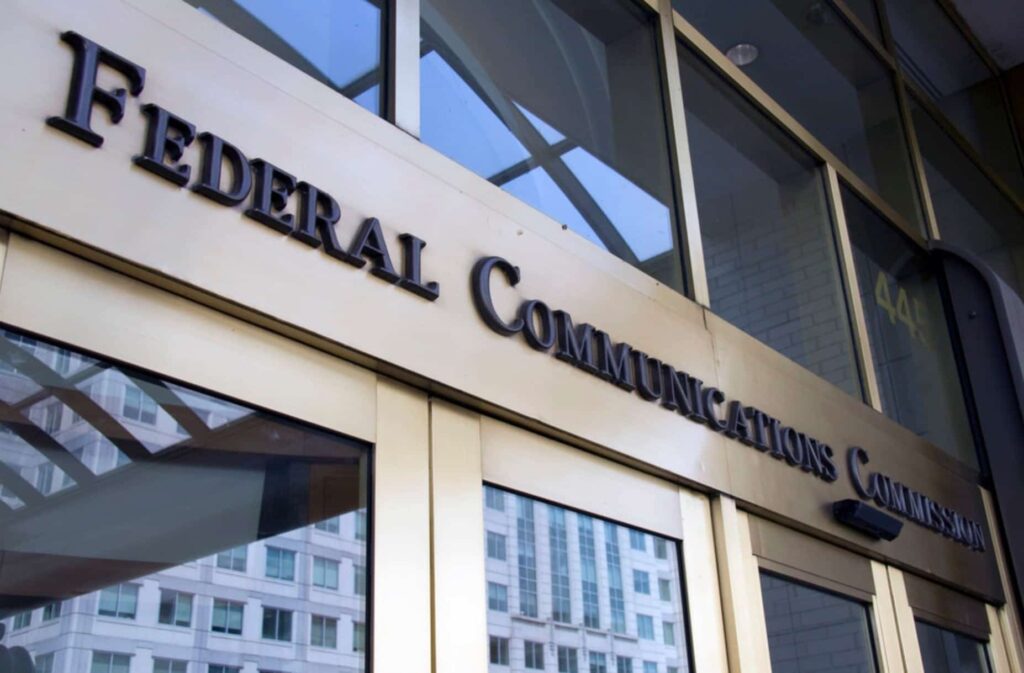Welcome to the latest edition of “ADA in the News,” featuring recent news, updates, events, and rulings regarding the Americans with Disabilities Act.
Target Pays $45,000 to Settle Disability Suit

According to the EEOC’s suit, a man who is deaf submitted an online application for a job at a California Target store. The suit claims that hiring staff called the applicant twice to schedule an interview and, realizing that he is deaf because he used a Video Relay Service, hung up each time without leaving a message.
The applicant returned both calls within minutes and tried to contact the store additional times. Target never scheduled him for an interview and rejected him for hire, the EEOC said.
Such alleged conduct violates the Americans with Disabilities Act (ADA), which prohibits employers from discriminating based on disability or perceived disability.
The settlement provides $45,000 in lost wages and compensatory damages to the applicant. It also requires Target to maintain and implement policies and procedures regarding reasonable accommodations and provide annual training to managers, supervisors, and human resource staff.
Hospital Sued over Lack of ASL Interpreters

The patient, who is deaf and primarily communicates via ASL, was taken to McLaren Greater Lansing in October 2019 for abdominal pain.
The suit claims that the patient couldn’t understand her medical treatment as hospital staff failed to provide her with an interpreter and, instead, used written notes and video remote interpreting equipment that failed to display the ASL interpreter.
The suit claims that the patient could not effectively communicate by reading a person’s lips or exchanging written notes, especially those involving medical terminology.
Officials from McLaren say that the hospital provides accommodations to ensure access to health care and that effective communication is available to all patients, including American Sign Language interpreter services for patients with hearing disabilities.
In addition to monetary relief, the suit is asking that the medical center implement policies to ensure effective communication and full and equal access to healthcare information for deaf and hard-of-hearing patients.
Voting Protections

The letter asks that Congress mandate an accessible online absentee voting system for any state that adopts vote-by-mail as an alternative to in-person elections.
“Americans with disabilities have fought for decades to secure the same voting rights as all other Americans,” said ACB president Dan Spoone. “Congress must make it clear to states that implementing vote-by-mail without offering an accessible absentee voting alternative for people with disabilities is not acceptable.
“The current national emergency must not be leveraged as an excuse to erode the voting rights of people with disabilities. As states take pragmatic measures to rethink how elections will be administered, the rights of voters with disabilities must be maintained.”
Currently, there is no nationwide approach to creating accessible absentee ballots and, as such, many voters with disabilities are excluded from absentee ballots. Some states, however, have implemented accessible solutions, such as remote voting through the use of online and remote ballot marking devices.
Video Conferencing Captions

The letter, initiated by Shari Eberts, Hearing Loss Association of America Board of Directors Vice-President and founder of livingwithhearingloss.org, notes that communicating by video call has become the new reality in recent months, and video calls are helpful for people with hearing loss because individuals can see the other person’s face, which helps with lipreading.
However, in meetings with many participants, or even in one-on-one conversations with people using weak microphones or slow internet connections, video is not enough for understanding, and captioning is an absolute necessity.
“Providing this service for free for people with hearing loss would not only improve the accessibility…it is also the right thing to do,” Eberts writes.
As of April 27, the petition had more than 7,000 signatures.




